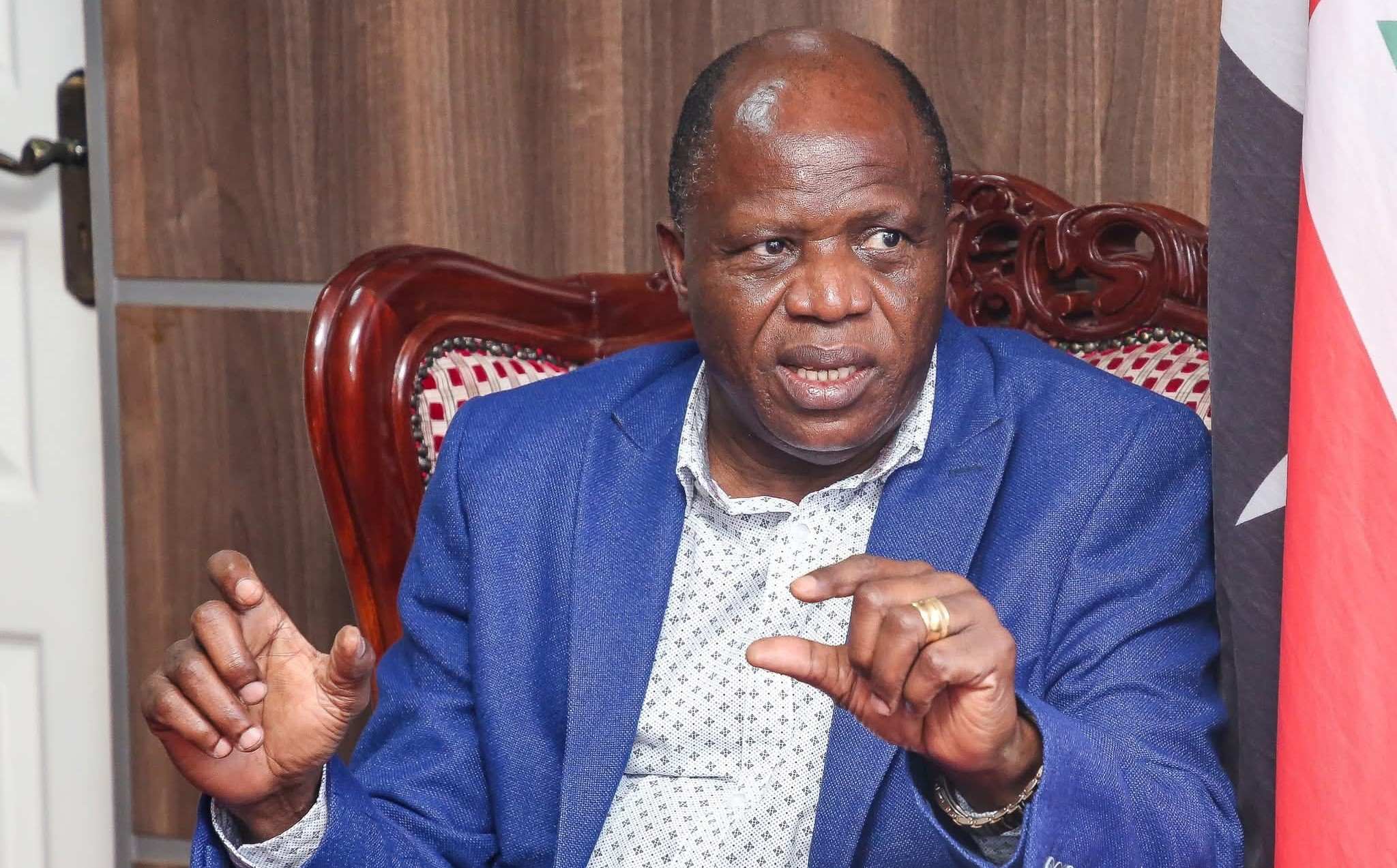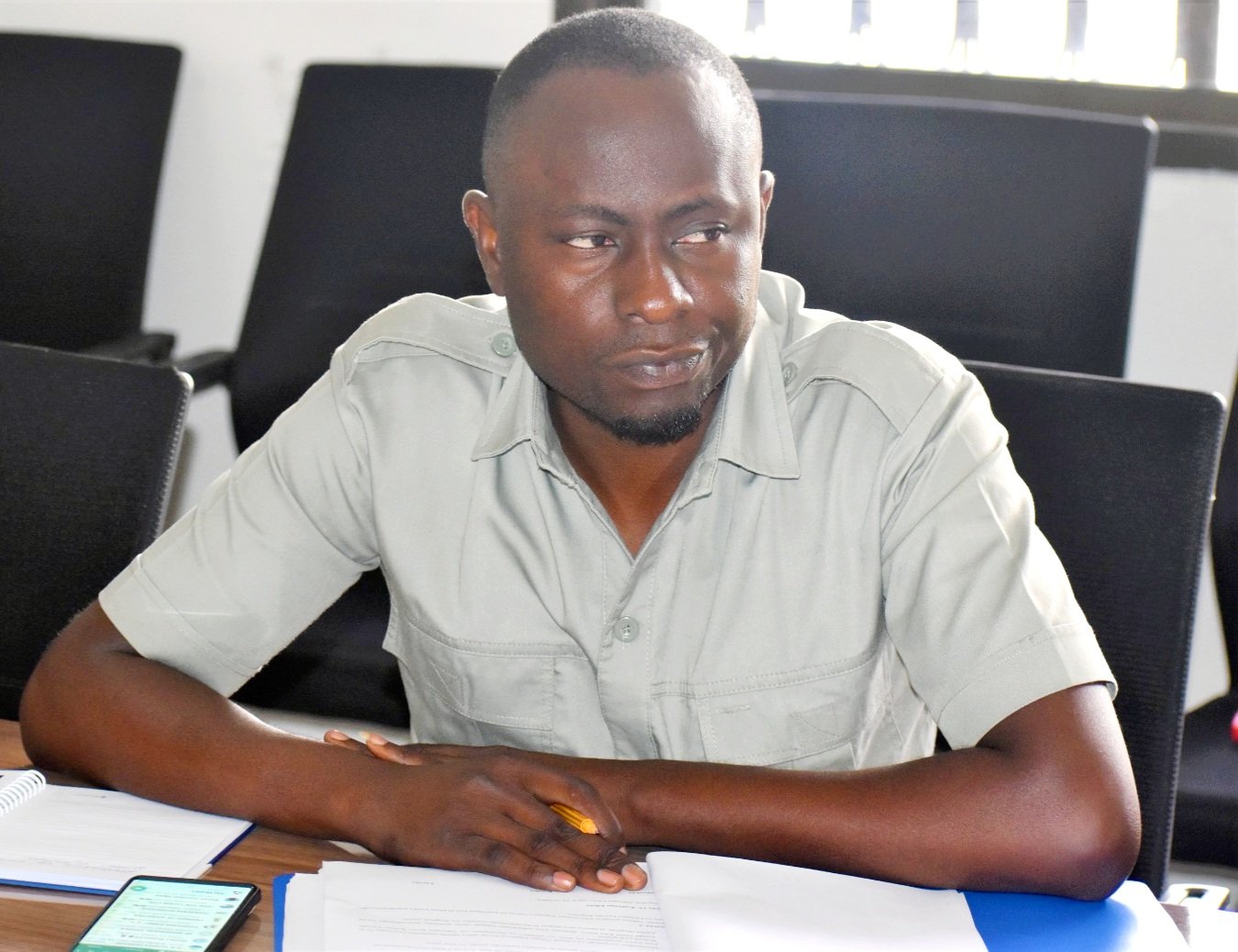Blue-collar jobs: Kenyan women challenging status quo amid rising unemployment
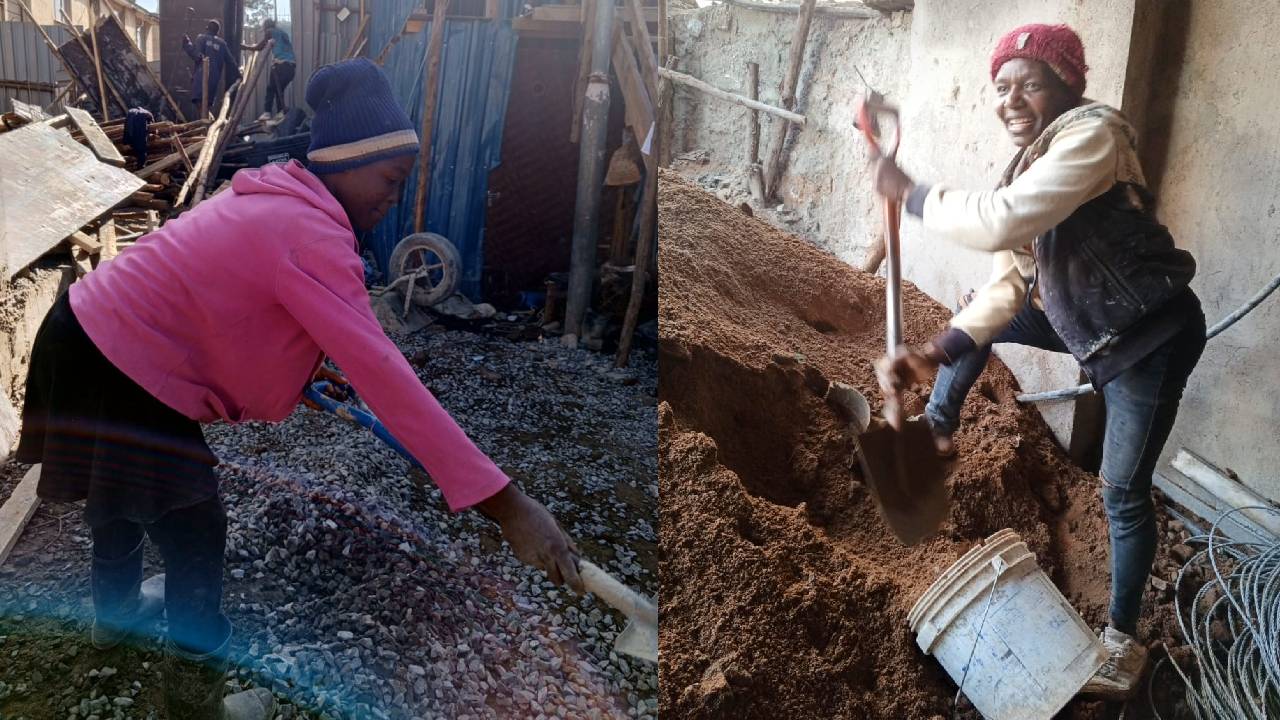
Dolphine acknowledges that construction work is difficult, her dream motivates her to stay focused and put in the effort to fulfil her dream of becoming a civil engineer.
Manual labour-intensive jobs have long been reserved for men.
Women in particular avoided these types of jobs but as employment decreased over time, they have become more prevalent in areas such as construction sites.
More To Read
- Parliament moves to protect consumers from exploitative agreements
- High-rise living in Nairobi’s Pipeline estate is stressful: How men and women cope
- MPs fault State officers over mismanaged road projects
- Africa’s share of global extreme poverty rose by 30 per cent in 10 years - World Bank
- Kenya’s economy can only absorb 250,000 graduates annually, Labour PS tells Senate
- Shrinking opportunities, growing skills gap: What youths say they need to thrive
Dolphine Jony, a 20-year-old civil engineering student and a trainee from Igero Technical Institute Institute (IGTI), has accepted the industry's male dominance and is disrupting the status quo.
"I was inspired to enrol in this course due to the negative stereotype that women have about this type of work. Many believe it to be difficult and unappealing," Jony says.
Jony mentioned that one of the difficulties she encounters is constant mockery.
"It hurts me when people feel that women are incapable of doing some things, but I inspire them to persevere and put in the hard work," she says.
Even though she acknowledges that construction work is difficult, her dream motivates her to stay focused and put in the effort to fulfil her dream of becoming a civil engineer.
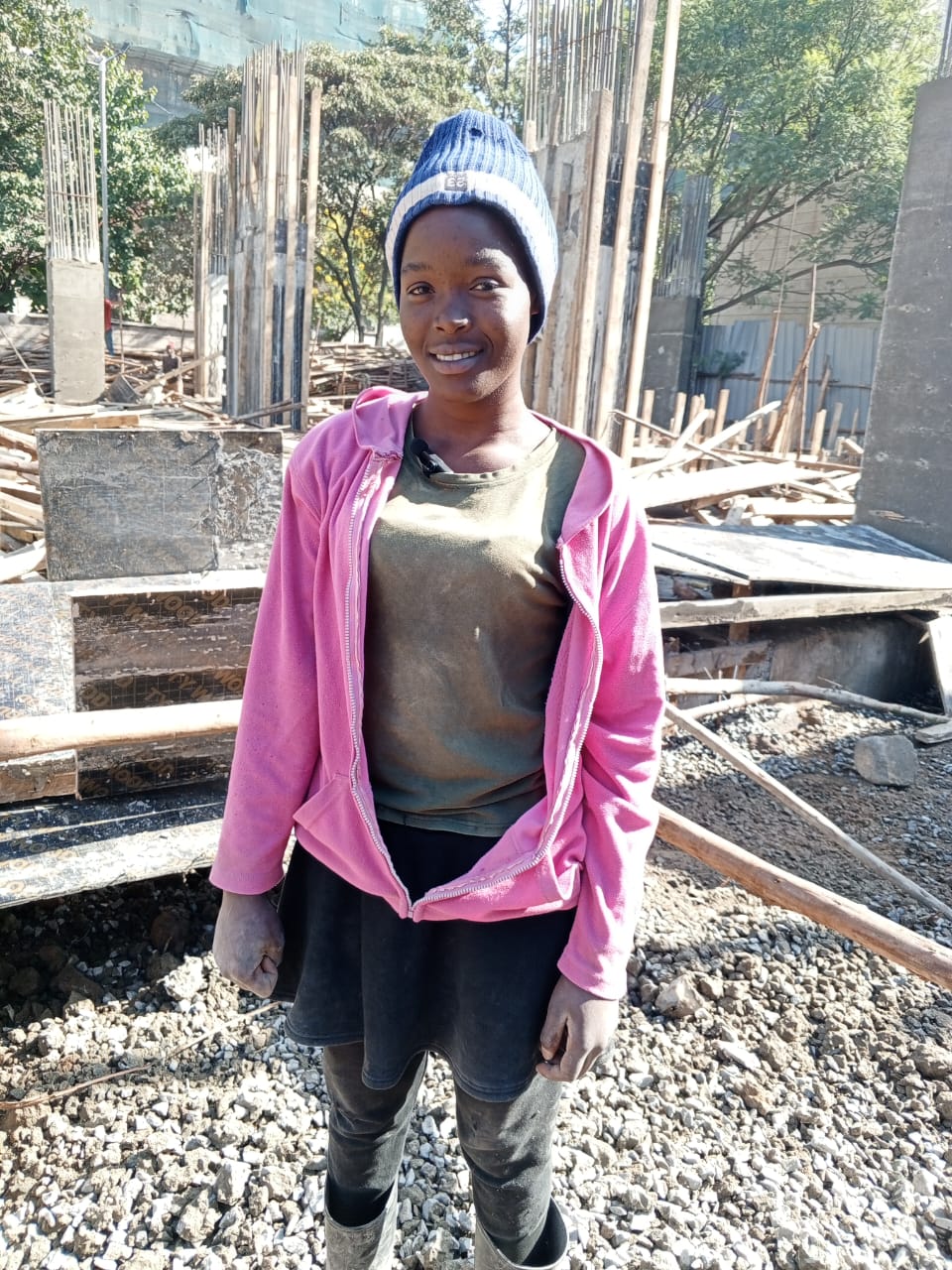 Dolphine Jony. She is a 20-year-old civil engineering student and a trainee from Igero Technical Institute Institute (IGTI) (Photo: Charity Kilei/EV)
Dolphine Jony. She is a 20-year-old civil engineering student and a trainee from Igero Technical Institute Institute (IGTI) (Photo: Charity Kilei/EV)
Eastleigh resident Phanice Abli, who works at a construction site, says that unemployment and pressing needs drove her to work there.
"I came to work at a construction site to meet my needs and that of my children; men have changed and depending on them is proving futile," she says.
However, Abli acknowledges that working as a construction labourer is not easy. She still hopes to attain a better career eventually.
Abli prefers to look for something to do rather than staying at home, hoping for a positive outlook since she says "there is nothing like a good or bad job".
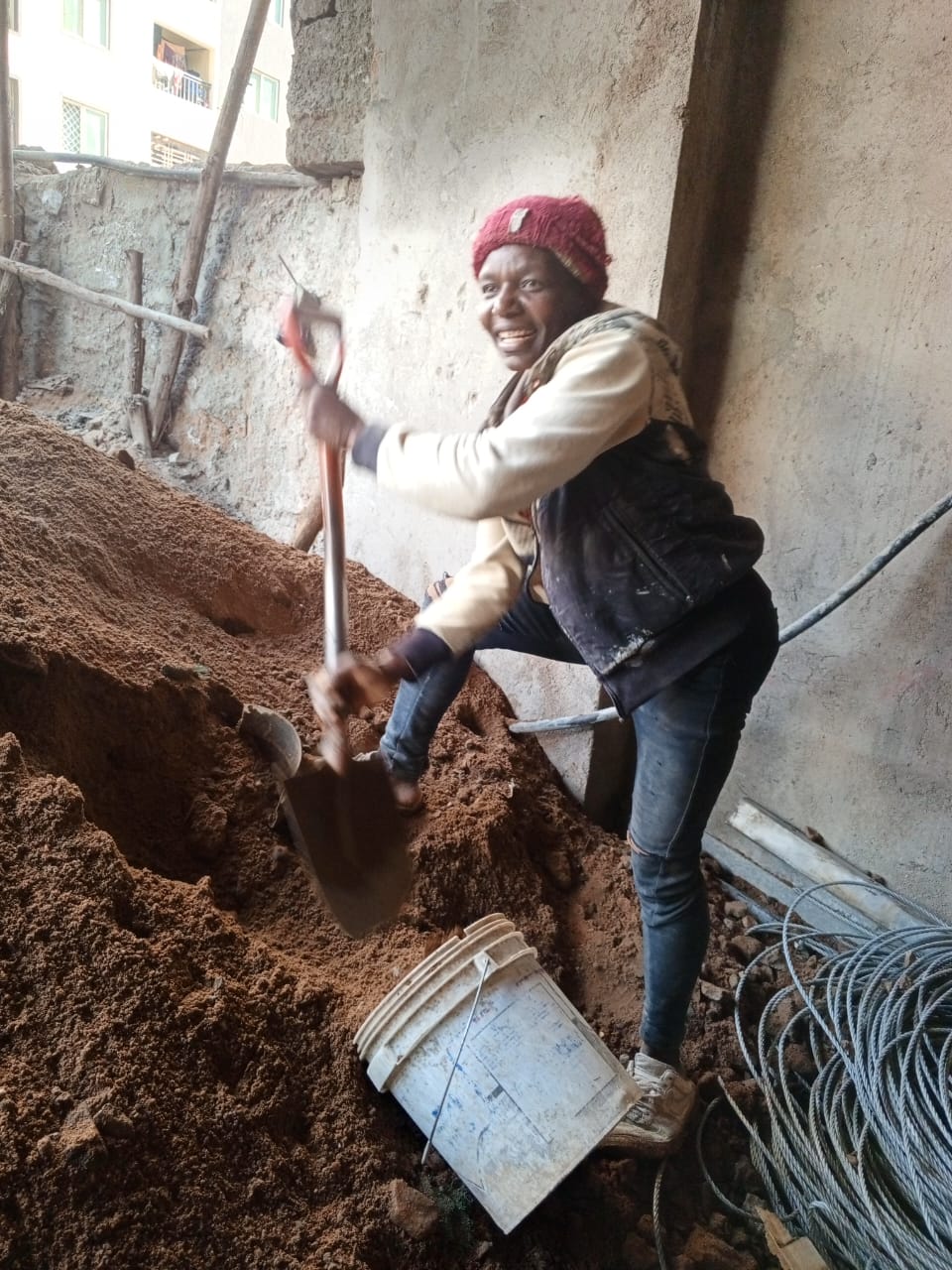 Phanice Abli. She works at a construction site and says that unemployment and pressing needs drove her to work there. (Photo: Charity Kilei/EV)
Phanice Abli. She works at a construction site and says that unemployment and pressing needs drove her to work there. (Photo: Charity Kilei/EV)
Nineteen-year-old Linet Wairimu is a visual graphic artist thriving in the art industry.
She raises awareness while spreading the message of love in the community.
"I decided to pursue my dream of being a painter after joining a painting crew right after high school, I used to paint a lot while in school," Wairimu says.
According to her, painting is a rewarding career that also pays well.
Wairimu observes that she enjoys working with her crew members and it is fascinating to work with her amazing team.
Warimu is a member of the '43 Tribe Graph Crew' which started in 2016. It aims to spread love and offer solutions using art as a way of expression.
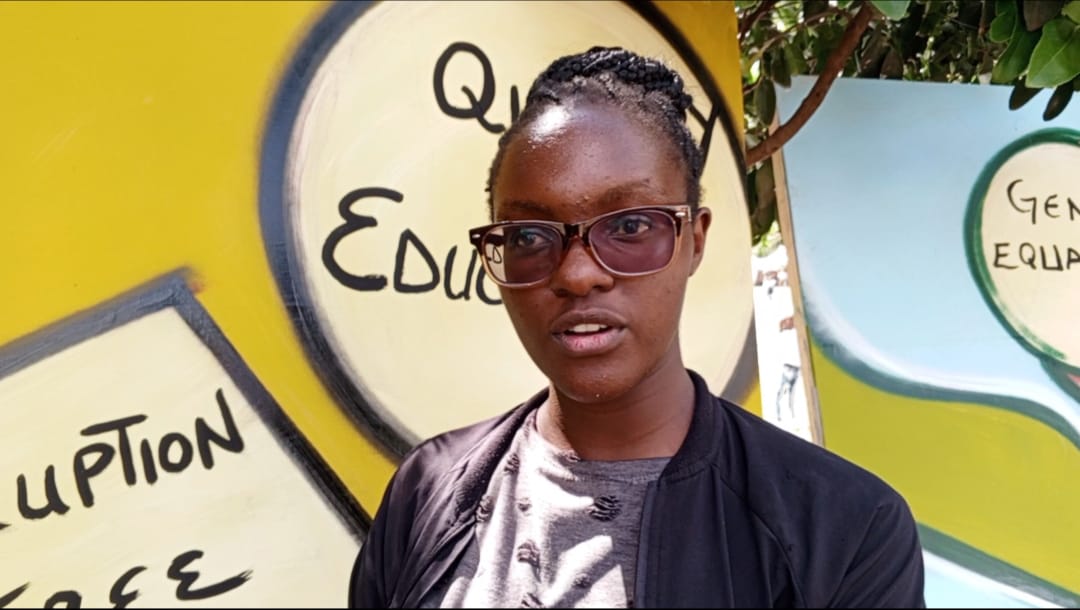 Nineteen-year-old Linet Wairimu is a visual graphic artist thriving in the art industry. (Photo: Charity Kilei/EV)
Nineteen-year-old Linet Wairimu is a visual graphic artist thriving in the art industry. (Photo: Charity Kilei/EV)
The majority of the founding members are from the slums and they believe that talent should be embraced by all in the society.
Despite being major contributors to the economy, women still suffer from discrimination and obstacles.
According to the 2023 Global Gender Gap Index, Kenya ranked 77 out of 146 countries in terms of gender equality.
Gender equality is not only a fundamental human right but also a critical aspect of sustainability.
According to the United Nations (2021), achieving gender equality by 2030 requires urgent action to eliminate the root cause of discrimination.
As the world celebrates International Women's Day, women have a reason to smile as President William Ruto has committed to the realisation of the two-thirds gender rule before the conclusion of his term in office.
"I want to commit to the woman of Kenya this time round we will make sure that the two-third gender rule is attained," the President said during the launch of the strategy of the G7, a caucus that brings together the seven women Governors in Kenya in Nairobi.
The President disclosed that he is committed to ensuring that out of 290 constituencies, at least one-third are represented by women.
Top Stories Today
